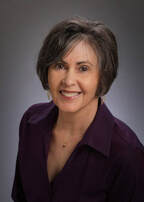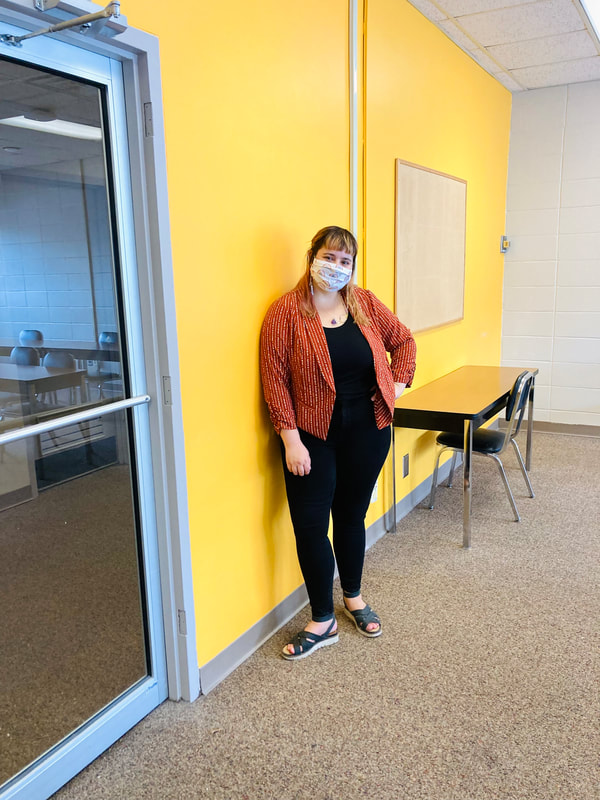|
The following is a written summary with key points included of the work referenced above and cited below.  Beth L. Hewett is owner and president of Defend and Publish. She manages the coaching team and is the company’s Executive Coach. Beth holds a PhD from The Catholic University of America and an MA from Kansas State University. A postsecondary educator since 1980, she has taught basic to advanced writers, including multilingual and learning-disabled writers. Beth’s research interests are in online literacy instruction in digital settings, nineteenth-century American rhetoric, and grief education. In Hewett's chapter about online and hybrid writing instruction, they begin by engaging a historical view of literacy education. Beginning in Greece and Rome, they outline rhetoric passed orally from teacher to student and the teaching processes of philosophers like Socrates. Others like Aristotle and Cicero used written mediums alongside oral instruction for communication and teaching. As writing tools developed and technology changed, so did the frequency of written communication. With the invention of the printing press, America in the 19th century saw oral speech meeting written knowledge and curriculum shifting. As textbooks became more accessible, the American rising middle class acquired literary skills. Throughout the 20th century, correspondence teaching used writing technologies for distance learning. In the late 20th century, microcomputers emerged. Following this, computers became more accessible and technology improved in such a way it was able to be used across social classes. Out of this, OWI extended distance writing education. People held various views about OWI being affective for learning. Computer technology was predicted to change how writing was taught. Some scholars were optimistic about the future of distance learning. There is a divide between those who are adept at using technology and those who are not and their opinions about OWI differ. OWI is not one specific way of teaching; instead it is composed of building blocks. Those building blocks are course setting, pedagogical purpose, digital modality, medium, and student audience. Setting? Fully online classes are those with no face-to-face components. Hybrid classes meet in either distance-based or computer-mediated settings AND in tradition in-person classrooms. These are sometimes called mixed mode. OWI's pedagogical purpose is simply to teach and learn writing. Pedagogical purpose should account for both feedback and interactivity processes. To achieve these pedagogical purposes, institutions should provide writing support, technology support, and fewer students per course. Ideally, students would have access to an online writing lab on campus. Modality shapes interactions among teachers and students and modalities are reliable as specific tech/software come and go. Some folks believe that asynchronous courses are less personal than synchronous ones. Asynchronous teachers must engage their students with intention and thought. Synchronous modalities provides immediate response and communication. The medium in which these classes are taught differs from modality. Most teaching and learning occurs textually making text the most common medium. Voice/audio is often missed in text-based courses. Video is used at times in distance learning. There are plenty of options for voice, audio and video platforming as well as collaborative whiteboards and synchronous meeting spaces. When settings modalities and medium are selected intentionally, powerful teaching and learning can happen. Oftentimes, OWI students are first year writing students in higher education. This presents additional challenges as these students are not yet experienced in navigating college courses. Studies suggest that students need preparation to succeed in online writing courses. Difficulties or challenges in online writing courses can be exacerbated for marginalized students. Technology availability is not one of the five components/building blocks of OWI. However, availability is necessary for online learning to occur. Many times the technology needed to succeed is provided by the university. This is something to consider. There is still much we don't know about student populations that are multilingual, non-traditional, etc. More research would be required to adapt components that would benefit these learners. Technologies for writing will continue developing over time.
0 Comments
Leave a Reply. |
AuthorEmily M. Goldsmith (she/they) is a queer Cajun poet originally from Baton Rouge, Louisiana. They are currently a Ph.D. student at the University of Southern Mississippi. Archives
November 2021
Categories |


 RSS Feed
RSS Feed